The Congress of Vienna, which concluded in 1815, redrew the map of Europe after the Napoleonic Wars.
But what if the diplomats had made different decisions, leading to a dramatically altered political landscape?
Imagine a Europe where Poland remained a strong, independent nation and Germany was fragmented into numerous smaller states.
Or perhaps the Ottoman Empire was carved up much earlier, and Italy achieved unification decades before it actually occurred.
These alternate scenarios would have profoundly reshaped the course of European and world history, transforming alliances, conflicts, and the balance of power for generations to come.
Poland Restored
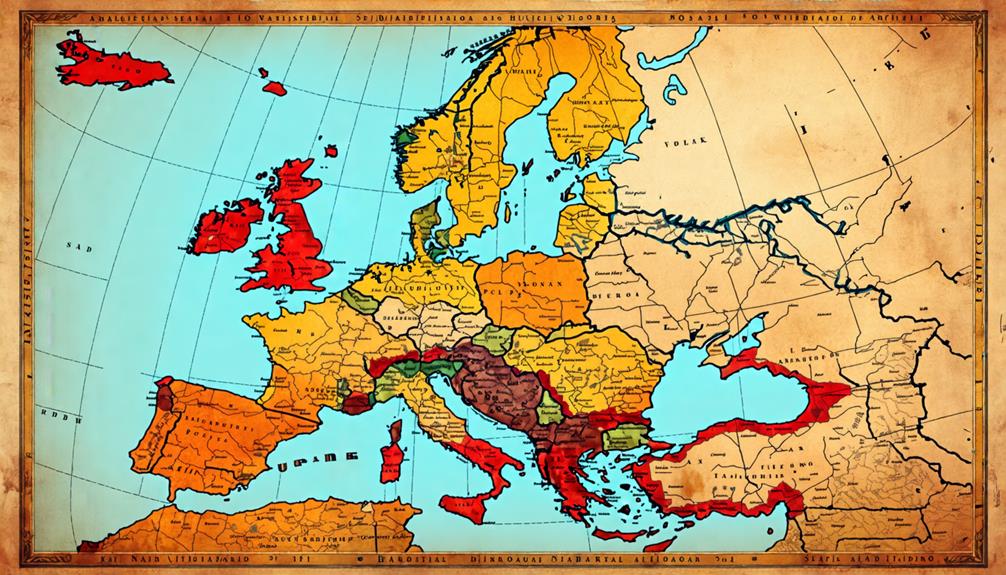
In this alternative history scenario, Poland's restoration as an independent state at the 1815 Congress of Vienna could have significantly impacted European geopolitics.
While serving as a buffer state between major powers, this Russian-influenced Polish kingdom might've altered the balance of power and changed the trajectory of future regional conflicts.
It's worth noting that Poland did briefly regain independence as a kingdom in 1916 under the German-Austrian Act of November 5th during World War I, although this was later undone by the Treaty of Versailles in 1919.
Had the Congress of Vienna successfully restored Poland's sovereignty, it could have meant a very different 19th and early 20th century for Europe, potentially affecting everything from the revolutions of 1848 to the alliances leading up to World War I.
German Confederation Divided
In this alternate timeline, a fragmented German Confederation could have led to a very different 19th century Europe.
One theory is that the lack of a strong, unified Germany might've meant no Franco-Prussian War in 1870-71 and no German Empire proclaimed in its aftermath. It's also possible that a divided Germany would have been unable to challenge the dominance of other powers like Britain, France, or Russia.
Interestingly, while the Congress of Vienna didn't unify Germany in this scenario, that goal was later pursued in the 1860s by Prussia's Otto von Bismarck through a series of wars and political maneuvering, leading to a German Empire in 1871 under Prussian leadership.
So even in this alternate history, the unification of Germany was still achieved, just a few decades later and under different circumstances than in our timeline.
The impacts on 20th century events like the World Wars are intriguing to consider but difficult to predict with any certainty.
Ottoman Empire Partitioned
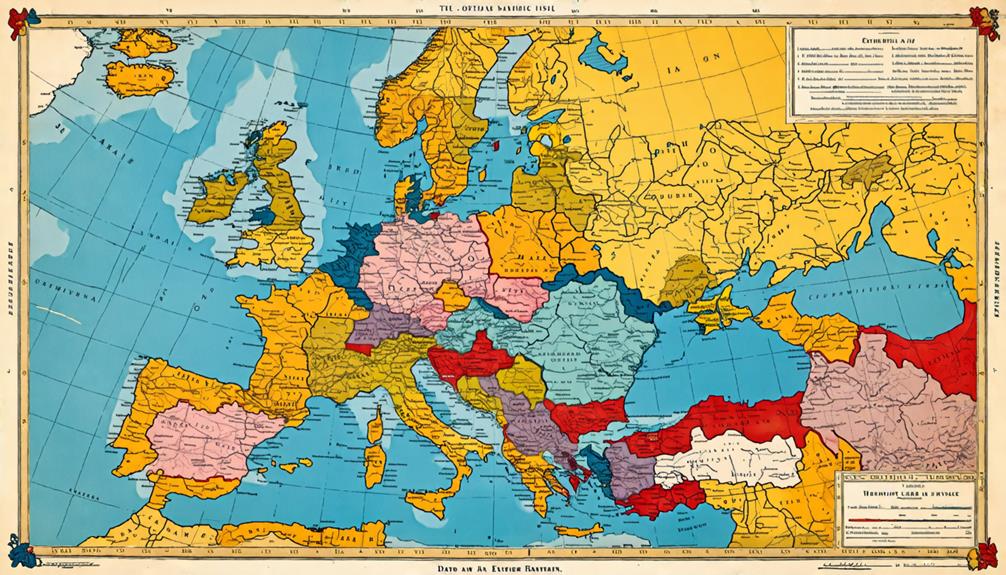
In an alternate history where the Ottoman Empire was partitioned by European powers at the 1815 Congress of Vienna, the geopolitical landscape of the Middle East and Eastern Europe would have been drastically altered.
One theory is that this early division could have accelerated the spread of European influence and control in the region, as major powers like Russia, Austria-Hungary, Britain, and France carved out spheres of influence.
It's possible that this scenario might've played out similarly to the actual partitioning of the Ottoman Empire that occurred about a century later, following World War I and the Empire's ultimate dissolution.
The key difference in this alternate timeline is that it would have happened much earlier, potentially leading to a different trajectory for the affected territories and peoples under European rule.
Italy Unified
In this alternate history scenario, Italy's early unification at the Congress of Vienna might've significantly altered the balance of power in 19th century Europe.
One theory is that a stronger, more assertive Italian state would have emerged earlier, challenging the dominance of Austria and France in the region.
It could have meant changes to the political and military landscape, with Italy potentially modernizing its military and economy more quickly. This might've weakened Austria's influence and caused France to seek alliances to counter growing Italian power.
While this particular scenario didn't occur at the Congress of Vienna, the unification of Italy did happen later in the 19th century under the leadership of figures like Camillo Benso, Count of Cavour, and Giuseppe Garibaldi.
Their efforts led to the establishment of the Kingdom of Italy in 1861.
Belgium Remains Dutch
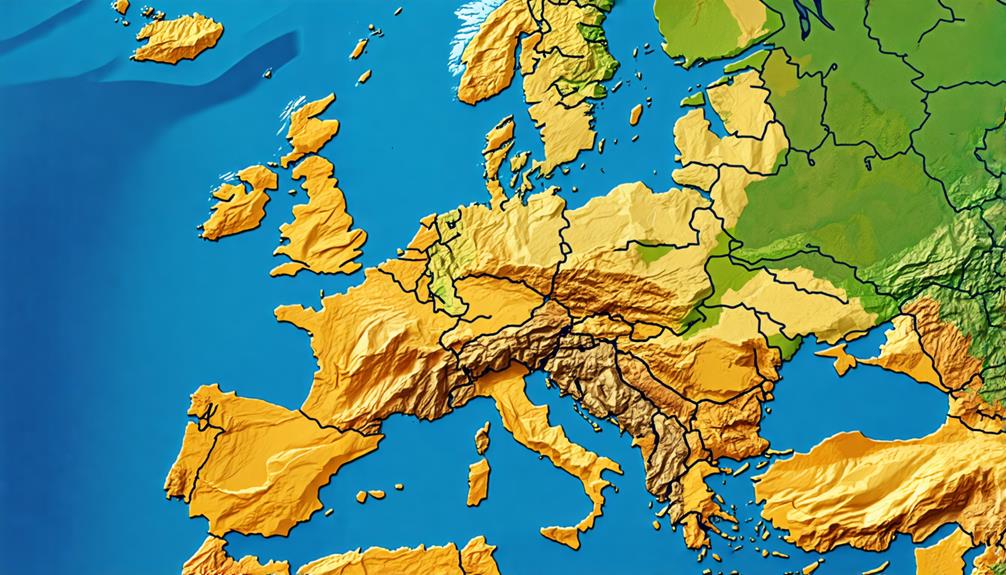
In an alternative history scenario where Belgium remained part of the United Kingdom of the Netherlands after the Congress of Vienna, the region's political and cultural landscape could have developed quite differently in the 19th century.
One theory is that the Dutch government might've suppressed Belgian identity and language, leading to increased tensions between the northern and southern provinces. It's also possible that Dutch influence on the economy would have grown stronger, potentially delaying industrialization in the southern regions.
The altered balance of power in Western Europe could have had far-reaching consequences, with the United Kingdom of the Netherlands becoming a more significant player on the international stage.
Interestingly, a similar scenario did occur later in history when the Dutch king William I tried to maintain control over Belgium during the Belgian Revolution of 1830, but ultimately failed.
It's up to the reader to consider how the course of European history might've changed if Belgium had remained under Dutch rule.
Austria Weakened
In an alternative history, Austria's Habsburg Empire could have emerged from the Congress of Vienna stronger than ever, having gained territory and influence in the wake of the Napoleonic Wars. One theory is that this would have led to Austria becoming the dominant power in Europe, with a vast empire stretching across the continent.
It could have meant changes to the balance of power, with Austria exerting hegemony over its rivals.
Another possibility is that Austria's increased strength would have been short-lived, as internal challenges and diplomatic setbacks eventually eroded its prestige. If this scenario did occur at a later date by someone else, it might've resulted in a different set of alliances and conflicts shaping the course of European history.
Ultimately, the long-term consequences of a stronger Austria post-Congress of Vienna remain open to interpretation and speculation.
Russia's Balkan Ambitions
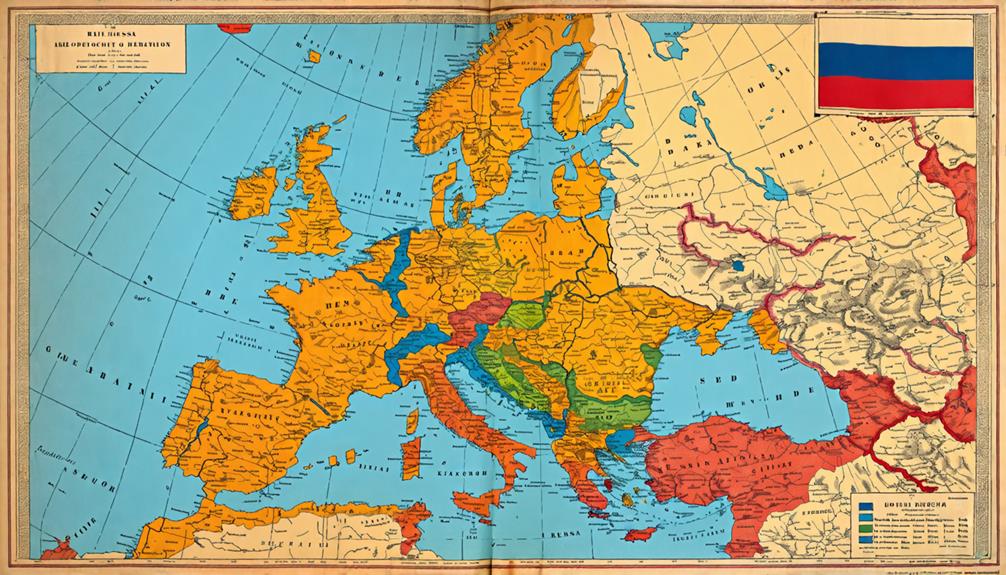
If Russia had succeeded in their Balkan ambitions during the Congress of Vienna, it could have significantly altered the balance of power in Europe.
One theory is that a stronger Russian presence in the Balkans would have led to increased tensions with other European powers, particularly the Ottoman Empire and Austria-Hungary, potentially leading to earlier or more severe conflicts in the region.
Another possibility is that Russian control of strategic ports in the Balkans would have given them a significant advantage in trade and naval power, which could have had far-reaching effects on the economic and political landscape of Europe.
It's also worth noting that while Russia didn't achieve these goals during the Congress of Vienna, they did pursue similar ambitions in the Balkans later in the 19th century, particularly during the Russo-Turkish Wars and the lead-up to World War I.
Conclusion
Imagine a Europe where Poland stands tall, a shield against the storms of war.
Germany, a patchwork quilt, stitched together by loose threads.
The Ottoman Empire, carved up like a Thanksgiving turkey, whets the appetite of hungry colonial powers.
Italy, a jigsaw puzzle, snaps into place.
Belgium, a Dutch appendage, clings on.
Austria, a faded emperor, watches from the wings.
Russia, a bear, licks its chops, eyeing the Balkans.
A new map, a new fate.
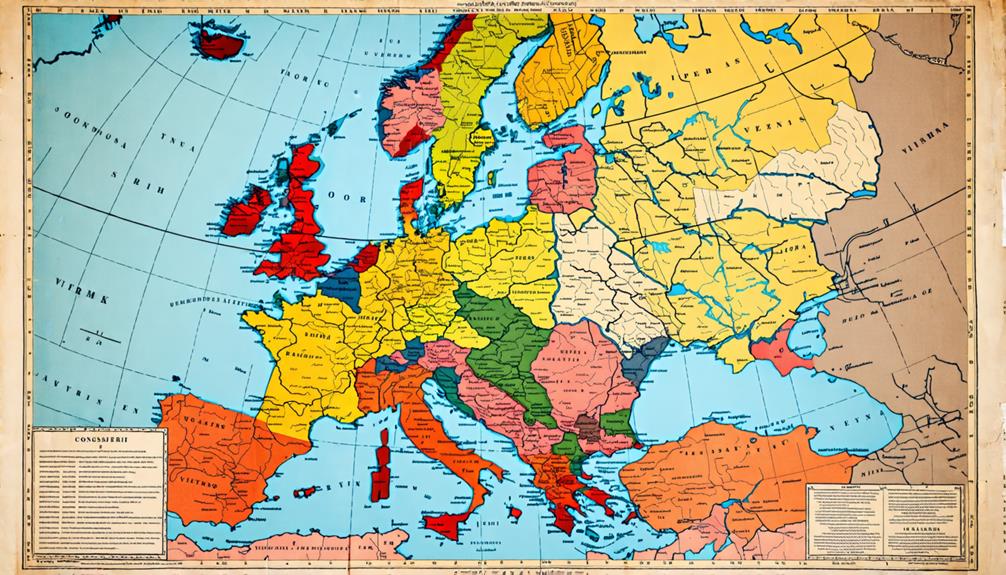
Leave a Reply